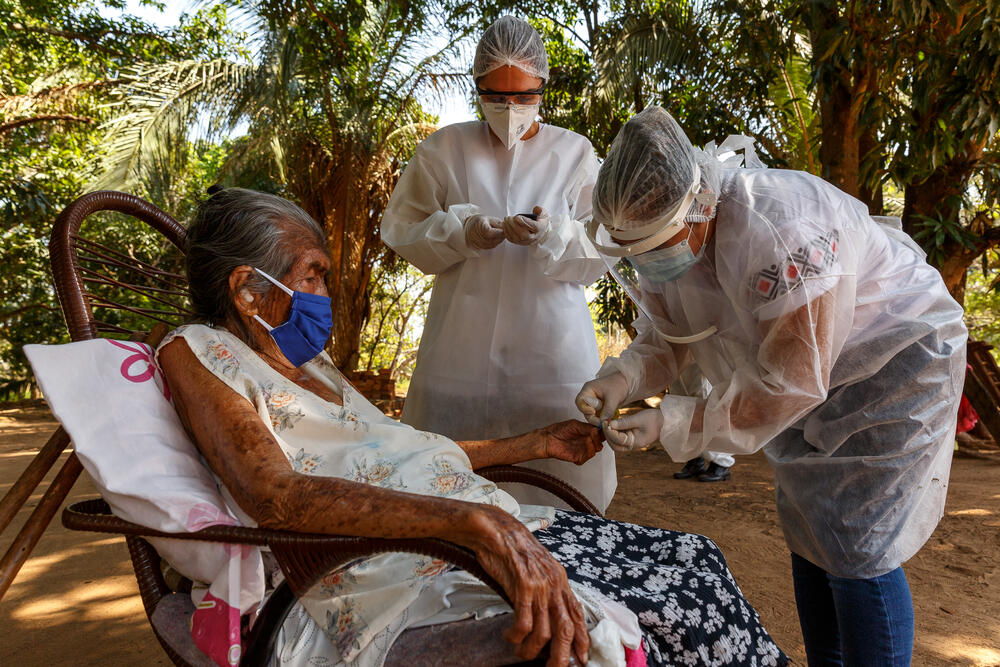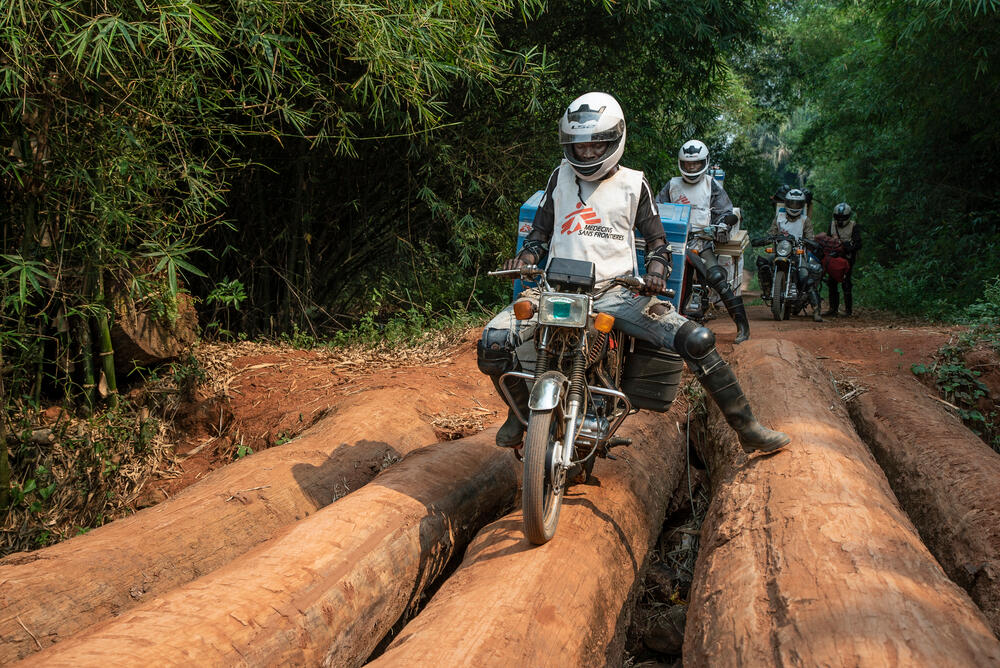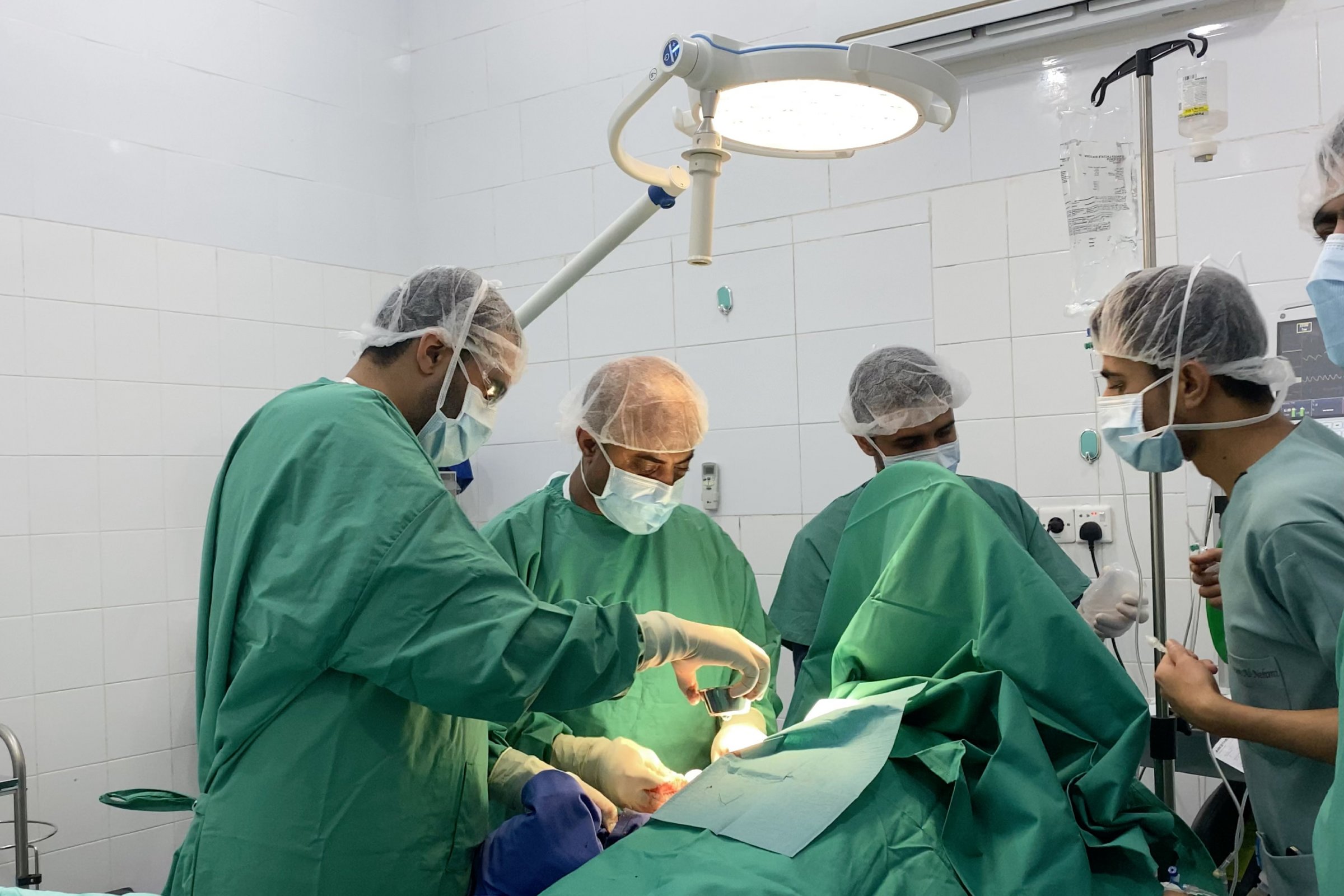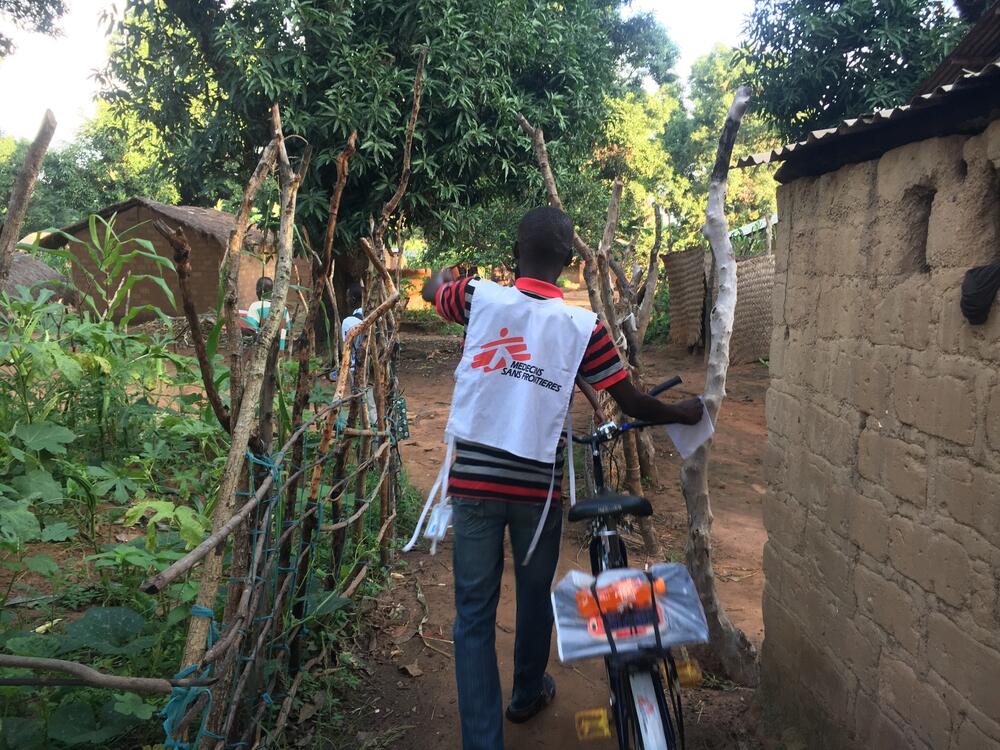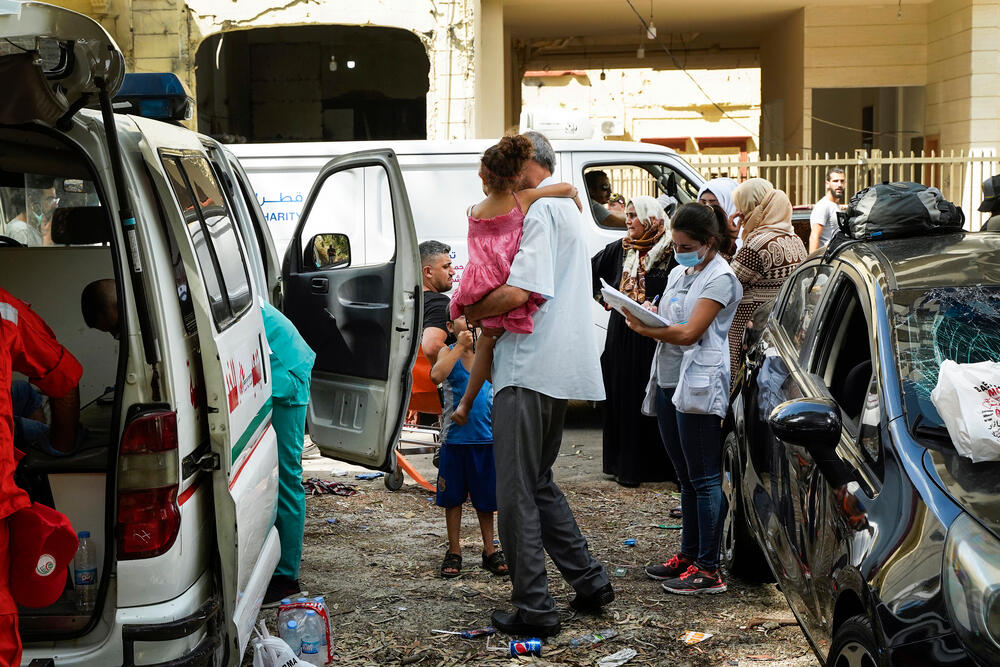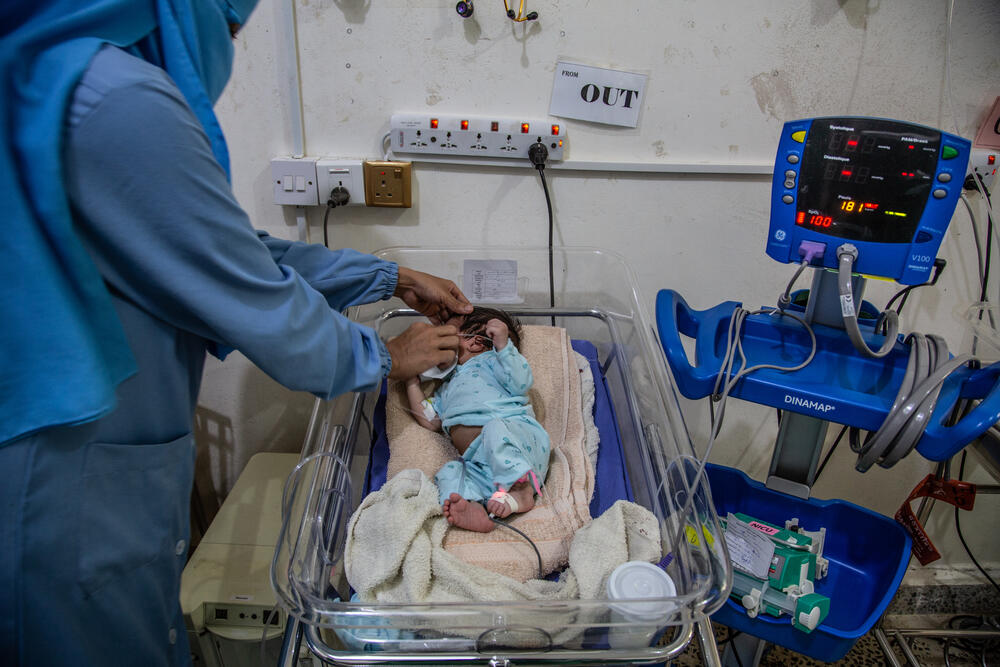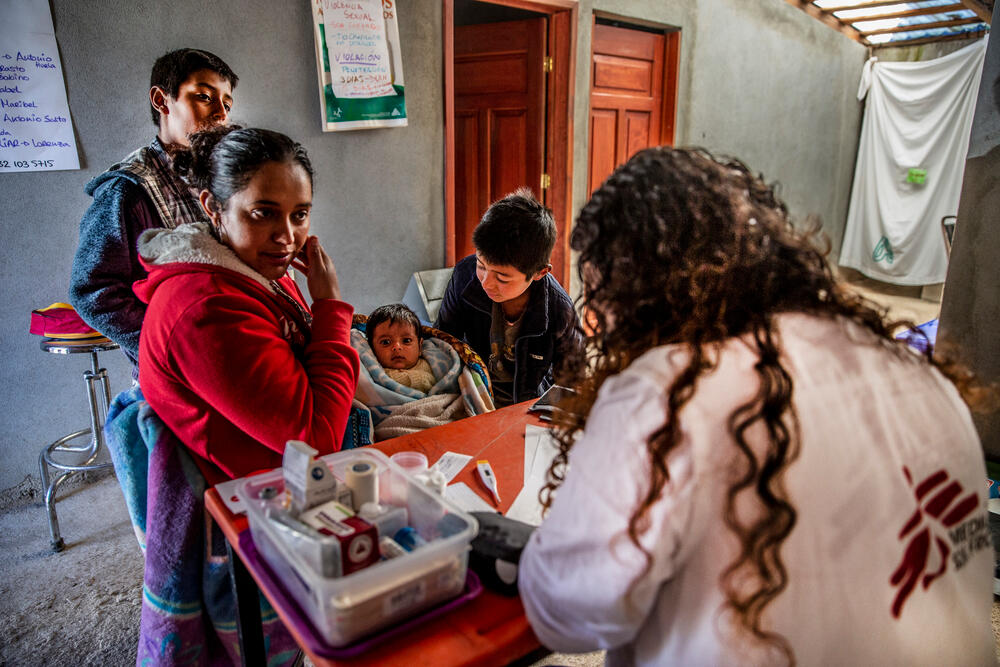Eight inspiring moments from 2020 so far
A deadly virus. Hospitals overrun. Healthcare cut off. Lives on hold.
But, this isn’t COVID-19. These are some of the obstacles that our teams face every day of the year in humanitarian crises across the globe.
Of course, the impact of the pandemic has made our work more challenging, and we’ve adapted our operations in more than 65 countries to directly counter the spread of COVID-19 itself.
The events of 2020 haven’t stopped us. They’ve made us more innovative and nimble to ensure we’re reaching people in the greatest need.
Here are eight inspiring stories of how our staff have powered through the pandemic.
1 | We faced massive measles outbreaks across Central Africa
While part of the world still reeled from the “first wave” of the pandemic, measles continued to kill thousands of children in a string of epidemics that stretched from the Democratic Republic of Congo, through the Central African Republic and into Chad. In the shadow of COVID-19, paediatric nurse Vera Schmitz shared the experience of one motorbike medical team as they raced across the DRC to vaccinate as many children as possible.
2 | We reopened a bombed-out hospital in Yemen
In late 2015, an MSF hospital in Hayden, Yemen, was destroyed during an airstrike by the Saudi and Emirati-led coalition. Almost 200,000 people were cut off from healthcare in the middle of a brutal civil war. Now, in 2020, amid the new challenges of COVID-19, we’ve finished rehabilitating the hospital and are providing life-saving emergency surgery for the first time since the bombing.
3 | We took malaria care to communities in the Central African Republic
In parts of the Central African Republic, the arrival of the rainy season brought a steep spike in cases of malaria – the leading cause of death for children under five in the country. We needed to save as many young lives as possible, but also avoid families gathering at healthcare centres and risking the spread of COVID-19. So, we transformed the way we provide preventative malaria care by taking special precautions and, instead, delivering medication and treatment directly to people at home.
4 | We treated survivors of the Beirut explosion
In August, large parts of Beirut were devastated by a huge explosion and shockwave that tore through the city and onto news feeds around the world. Over 200 people were killed, and 7,000 more injured. In the chaotic aftermath, as COVID-19 infections began to surge, our teams went into the streets to take healthcare to the communities hit hardest.
Medical care where it's needed most
Help us care for people caught in the world's worst healthcare crises.
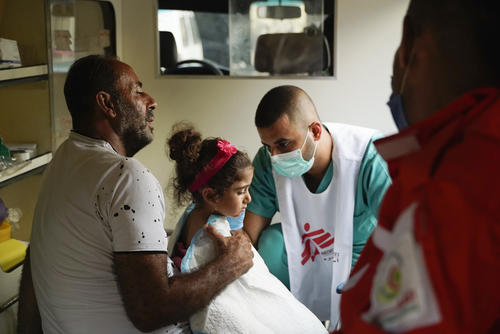
5 | We helped women give birth throughout the pandemic
Throughout the pandemic, our staff have helped mums bring new life into the world on maternity wards around the world, overcoming emergency complications in challenging new circumstances. In April, one such story came from midwife Kirsti Rinne, who reflected on the unique moments she shares with her patients after an emotional non-stop night at a hospital in Cameroon.
6 | We introduced life-saving innovations to crippled healthcare systems
In a humanitarian crisis, life-saving but high-tech treatments often aren’t available, meaning medical staff can face an uphill struggle to save the most critically ill patients. Nurse Alison Moebus explained how one determined team in Yemen are changing the course, as they introduced a “game-changing” new treatment in time to save a baby with pneumonia.
7 | We faced a fast-growing crisis in Burkina Faso
As the pandemic surged through Europe in April, the impact of the virus on regions already suffering from conflict, epidemics and mass displacement became a serious concern for MSF. Away from the cameras, our teams had begun responding to an unfolding crisis in Burkina Faso, where a little-known conflict has now become one of the world’s fastest-growing humanitarian crises.
8 | We worked to keep vital services open for women and girls
The COVID-19 pandemic has had a catastrophic secondary consequence for the health of women and girls around the world: closing down vital sexual and reproductive health services and threatening a rise in maternal and neonatal deaths – particularly in countries where women already faced barriers to care. In July, we explored this critical issue, and how our staff are working to keep clinics open, in an episode of Everyday Emergency.
